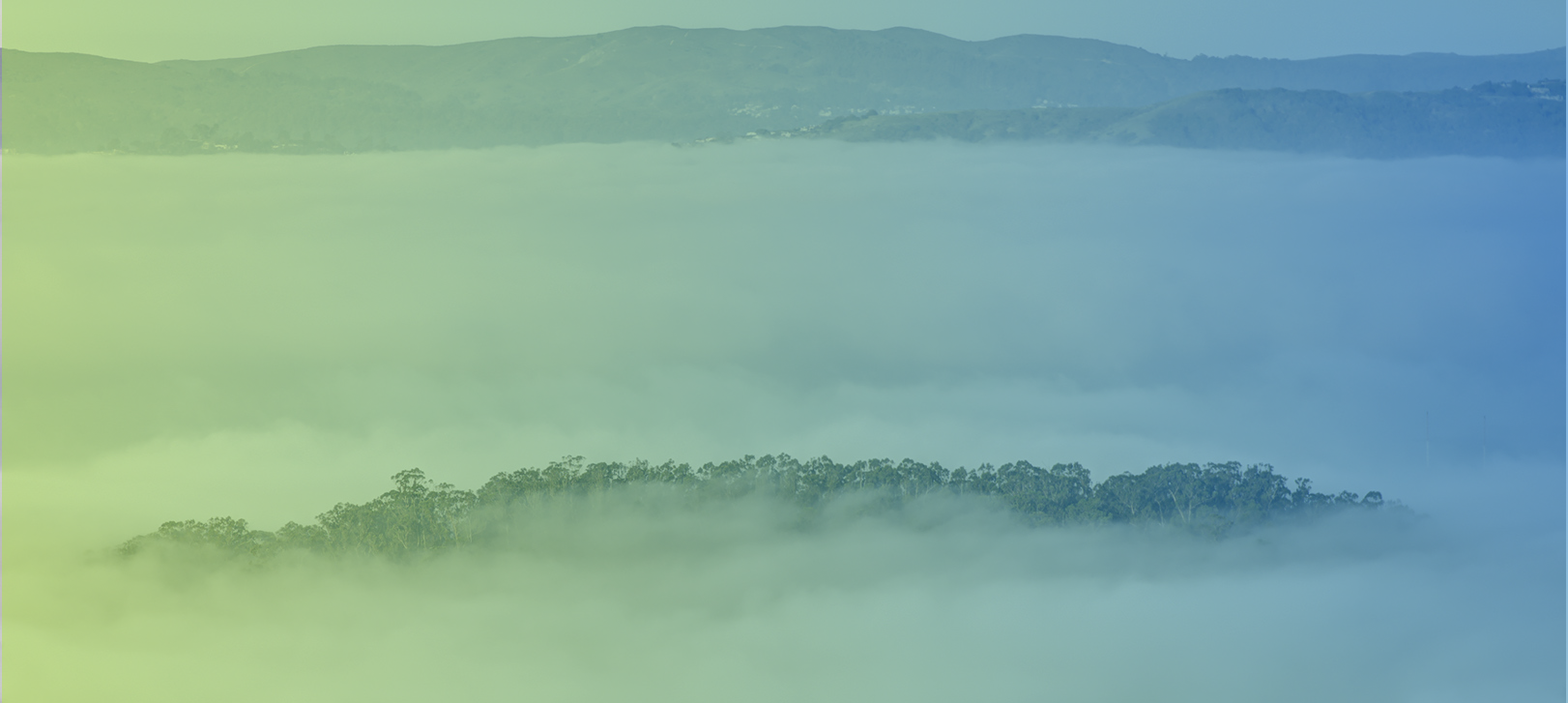
Fire Weather
Fire weather is attributed to strong winds, low humidity, and dry vegetation. There is a higher chance for wildfires to occur in these conditions. Wildfires are unplanned fires that burn in natural areas like forests, grasslands or prairies. These dangerous fires spread quickly and can devastate not only wildlife and natural areas, but also communities.
Wildfires are now more frequent, destructive, and fast-moving than ever. Albany residents must change how to prepare and respond.
Get Prepared
-

Recognize Warnings and Alerts
The National Weather Service declares a “Red Flag Warning” when low humidity and high winds combine for elevated fire risk. During a Red Flag Warning, keep your phone on and with you at all times, avoid any activities that could cause a spark, and be prepared to rapidly evacuate if necessary.
Sign up for AC Alert to get alerted about emergencies and other important community information.
-

Make an Emergency Plan
Make sure everyone in your household knows and understands what to do if you need to quickly evacuate.
Don’t forget a plan for the office, kids’ daycare and anywhere you frequent.
-

Review Important Documents
Make sure your insurance policies and personal documents, like ID, are up to date.
Make copies and keep them in a secure password-protected digital space.
-

Strengthen your Home
Use fire-resistant materials to build, renovate or make repairs. Find an outdoor water source with a hose that can reach any area of your property.
Create a fire-resistant zone that is free of leaves, debris or flammable materials for at least 30 feet from your home.
Close all doors and windows. Set up a portable air cleaner to keep indoor pollution levels low when smoky conditions exist.
-

Know your Evacuation Zone
You may have to evacuate quickly due to a wildfire. Learn your evacuation routes, practice with household, pets and identify where you will go.
Get your zone, and await instructions from Albany emergency authorities. They will provide the latest recommendations based on the threat to your community and appropriate safety measures.
-

Gather Supplies
Have enough supplies for your household, including a first aid kit, in your go bag or car trunk.
If available, store an N95 mask to protect yourself from smoke inhalation.
Keep your cell phone charged when wildfires could be in your area. Purchase backup charging devices to power electronics.
Stay Safe from Wildfire Smoke
Pay attention to emergency alerts and notifications for information and instructions.
Evacuate immediately if authorities tell you to do so!
Check local air quality reports. For real-time updates on the air quality in your area, visit the US EPA’s Air Now website. The Bay Area Air Quality Management District is responsible for issuing health advisories in the event of elevated air pollution levels.
Stay indoors. The most effective way to reduce exposure and avoid the ill effects of smoke is to stay indoors with windows and doors closed. If you do not have a safe place to go, check with nearby public facilities such as the Albany Senior Center (846 Masonic Ave) and the Albany Community Center/Library (1249 Marin Avenue), which may expand hours in the case of poor air quality or extreme weather or temperature.
Keep indoor air clean. Keep your house and car windows closed. If available, operate air conditioners on the "recirculate" setting and close air intakes to prevent outdoor smoke from getting inside. If possible, install a high efficiency filter with a MERV rating as high as the manufacturer of the system recommends.
Avoid activities that increase indoor pollution. Do not run swamp coolers or whole house fans and avoid activities that increase indoor pollution, such as smoking, using gas, propane and wood-burning stoves and furnaces, frying or broiling food, burning candles and incense, spraying aerosol products, and vacuuming.
Filter your air. Consider using a CARB-certified air cleaning device which can reduce indoor particle levels to further reduce impacts from smoke.
Avoid outdoor activities. People should avoid the outdoors when air quality is poor, especially outdoor work or exercise.
If you must go outside, consider wearing a proper respirator mask. Respirator masks labeled N95 or N100 can filter out fine particles if fitted properly, and can be found at many hardware stores and pharmacies. Children and sensitive groups should not wear these masks because they may not fit properly and can impede breathing. For safety and effectiveness, follow the CDC’s guidelines on respirator masks. Avoid using paper dusk or surgical masks, bandanas, towels or tissues over your mouth or nose since these will not protect your lungs from wildfire smoke.
Drink water. Flush your system after wildfire smoke exposure by drinking plenty of fluids.
After a Wildfire
Do not return home until authorities say it is safe to do so.
Avoid hot ash, charred trees, smoldering debris and live embers. The ground may contain heat pockets that can burn you or spark another fire.
When cleaning, wear protective clothing – including a long-sleeved shirt, long pants, work gloves and sturdy thick-soled shoes – during clean-up efforts.
Use a respirator to limit your exposure, and wet debris to minimize breathing dust particles. People with asthma, COPD and/or other lung conditions should take precautions in areas with poor air quality, as it can worsen symptoms.
Document property damage with photographs. Conduct an inventory and contact your insurance company for assistance.
Send text messages or use social media to reach out to family and friends. Phone systems are often busy following a disaster. Make calls only in emergencies.

Sign Up for Emergency Alerts
Get alerted about emergencies and other important community information.


